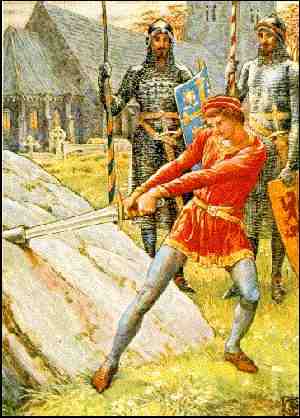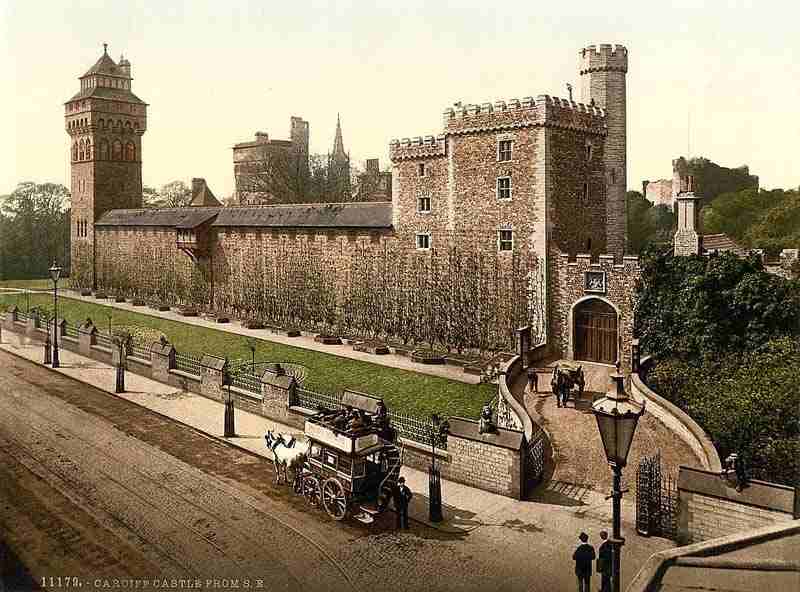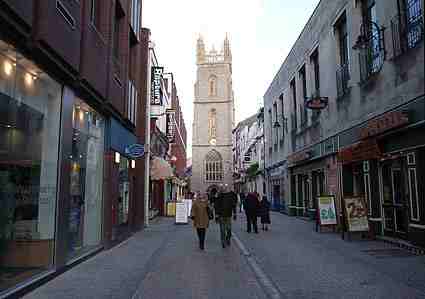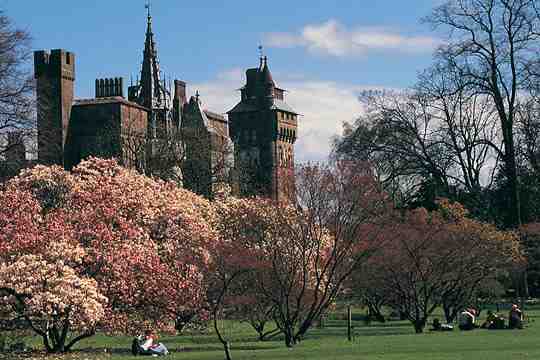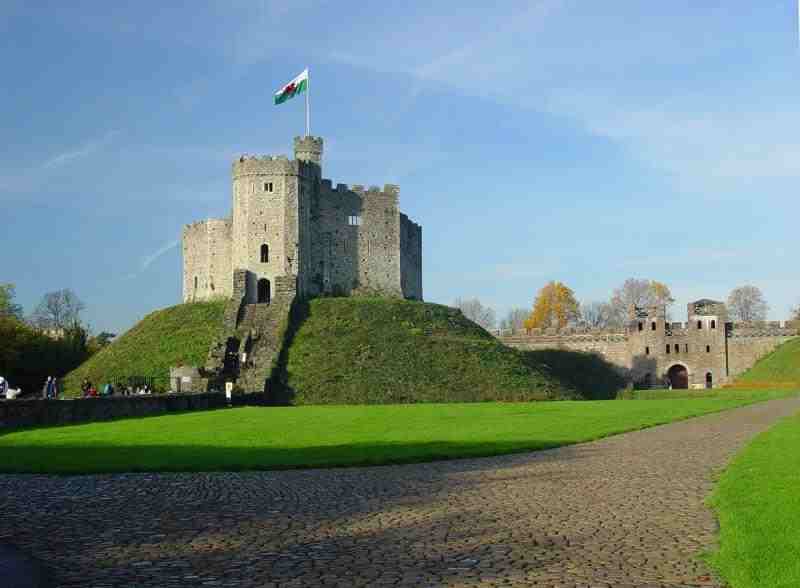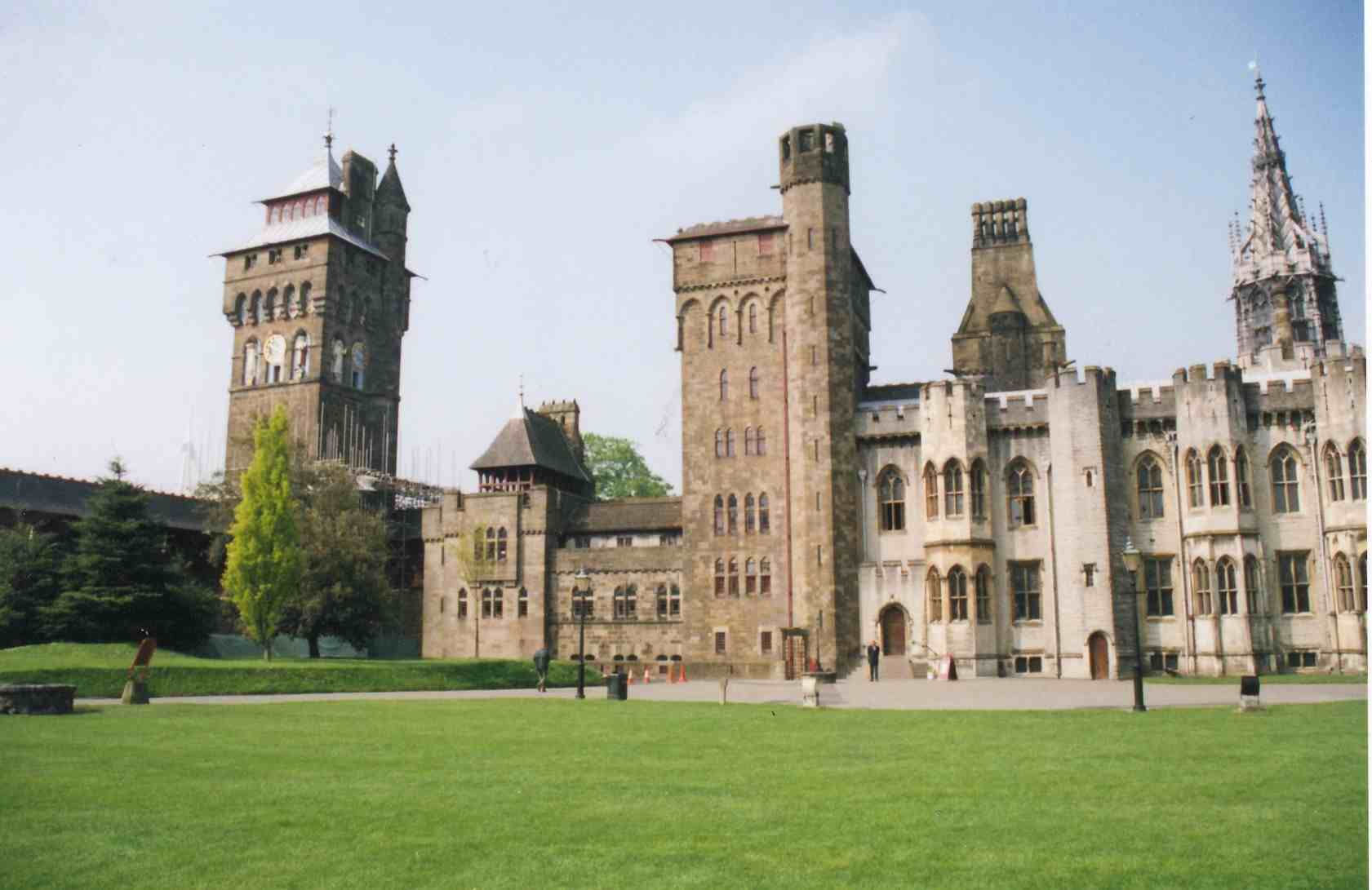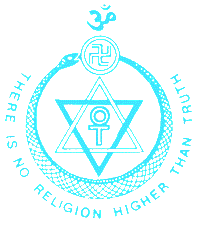Writings of H P Blavatsky
Theosophy House
206 Newport Road, Cardiff, Wales, UK. CF24
-1DL
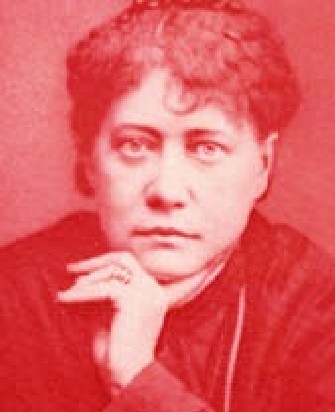
Helena Petrovna
Blavatsky (1831 – 1891)
The Founder of
Modern Theosophy
Reincarnation
By
H P Blavatsky
(part
of the article "Theosophy and Spiritism", a translation of
"Theosophie et Spiritsme", Bulletin Mensuel de la Société
Scientifique d'Études Psychologiques, Paris, 15 juillet, 1883, pp. 129-151)
It is ... an error to say: "According
to the Theosophists no one reincarnates on earth except children who die young
and congenial idiots," for the sentence being incomplete, does not tell
everything. The difference between the souls mentioned above and those of
people in general is that the former incarnate immediately, because neither the
infants nor the idiots, being irresponsible for their actions, are able to receive
either reward or punishment. Failures of nature - they begin a new life
immediately; while reincarnations in general take place after rather long
periods passed in the intermediate and invisible spheres. So that if a
Spiritualist-Theosophist tells an Occultist-Theosophist that he is a
reincarnation of Louis XV, or that Mrs. X is a reincarnation of
Joan of Arc, the Occultist would answer
that according to his doctrine it is impossible. It is quite possible that he
might be a reincarnation of Sesostris or of Semiramis, but the time period that
has passed since the death of Louis XV and even Joan of Arc is too short
according to our calculations, which are mathematically correct. Should we be
thoroughly ostracized if we were to say that the souls of idiots and extremely
young children (dying before the age of personal consciousness) are the exact
parallels to those who are annihilated?
Can the personalities of the infants and
the idiots leave a greater trace on the monadic memory with which they have not
been able to become united, than those of the souls of marked animal tendencies
who have also, though not more than the former, failed to become assimilated
therein? In both cases the final result is the same.
The sixth element or the spiritual Ego which
has not had either the
time or the possibility to unite with the
lower principles in the cases of the idiot and the infant, has had the time but
not the possibility to accomplish that union in the case of the totally
depraved person. Now it is not that the "spiritual Ego is dissipated and
ceases to exist," as it seems to say, but really does not, in Fragments
No. I. This was immediately elucidated in The Theosophist. It would be absurd
to say that something which is immortal in its essence can be dissipated or
cease to be. The spiritual Ego is dissociated from the lower elements and,
following its divine monad - the seventh element, disappears in the case of the
utterly vicious man and ceases to exist for him, for the personal and physical
man as well as for the astral man. As for the
latter, once being depraved, whether it
belong to an idiot or to a Newton, if it has failed to grasp, or has lost the
Ariadne's thread which must lead it through the labyrinth of matter into the
regions of eternal light - it must disappear.
Thus this personal astral man (or the
fourth and fifth principles) whether it disappears into an immediate
reincarnation, or is annihilated, drops from the number of the individual
existences which are to the monad equivalent to days passed by an individual -
a series of recollections, some fresh and eternal in our memory, others
forgotten and dead, never to revive.
To say of the Occultists, as Mr. Rosen
does, that they are selfishly occupied in their own salvation, that they
condemn "the majority of mankind to destruction" like the Christians
"who doom them to the flames of hell" - is unjust and untrue, since
with the Occultists, forgetfulness of one's self is the very greatest virtue.
It is rather the Spiritists who would doom the divine monad to a terrible
torment, to the perpetual recollection of one or more shameful or criminal
existences, filled with earthly and gross experiences, without the smallest ray
of spirituality to enlighten them. Moreover would it not be a horrible punishment
to bedeck it with all the personalities
that it had to endure, during its long terrestrial journey, instead of merely
preserving the acquisitions which enriched it during those previous existences
and which have made of it a complete being, a glorious and spiritual unity!
______________________
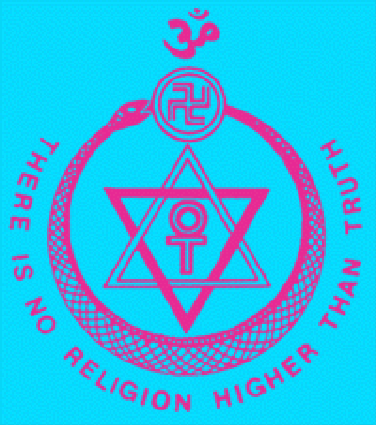
Cardiff Theosophical Society in
Theosophy House
206 Newport Road, Cardiff, Wales, UK. CF24
-1DL
Find
out more about
Theosophy
with these links
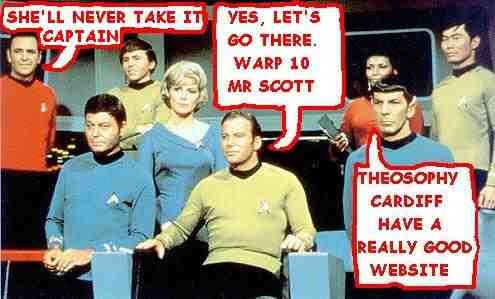
The Cardiff Theosophical Society Website
The
National Wales Theosophy Website
If you run a Theosophy Group, please feel free
to use any of the material on this site
The Most Basic Theosophy
Website in the Universe
A quick overview of Theosophy
and the Theosophical Society
If you run a Theosophy Group you
can use this as an introductory handout.
Theosophy Cardiff’s Instant Guide
One liners and quick explanations
H P Blavatsky is
usually the only
Theosophist that
most people have ever
heard of. Let’s
put that right
The Voice of the Silence Website
An Independent Theosophical Republic
Links to Free Online Theosophy
Study Resources; Courses, Writings,
The main criteria
for the inclusion of
links on this
site is that they have some
relationship
(however tenuous) to Theosophy
and are lightweight,
amusing or entertaining.
Topics include
Quantum Theory and Socks,
Dick Dastardly and Legendary Blues Singers.
A selection of
articles on Reincarnation
Provided in
response to the large
number of
enquiries we receive at
Cardiff
Theosophical Society on this subject
The Voice of the Silence Website
This is for
everyone, you don’t have to live
in Wales to make
good use of this Website
No Aardvarks were harmed in the
The Spiritual Home of Urban Theosophy
The Earth Base for Evolutionary Theosophy
A B C D EFG H IJ KL M N OP QR S T UV WXYZ
Complete Theosophical Glossary in Plain Text Format
1.22MB
________________
Preface
Theosophy and the Masters General Principles
The Earth Chain Body and Astral Body Kama – Desire
Manas Of Reincarnation Reincarnation Continued
Karma Kama Loka
Devachan
Cycles
Arguments Supporting Reincarnation
Differentiation Of Species Missing Links
Psychic Laws, Forces, and Phenomena
Psychic Phenomena and Spiritualism
Quick Explanations with Links to More Detailed Info
What is Theosophy ? Theosophy Defined (More Detail)
Three Fundamental Propositions Key Concepts of Theosophy
Cosmogenesis Anthropogenesis Root Races
Ascended Masters After Death States
The Seven Principles of Man Karma
Reincarnation Helena Petrovna Blavatsky
Colonel Henry Steel Olcott William Quan Judge
The Start of the Theosophical
Society
History of the Theosophical
Society
Theosophical Society Presidents
History of the Theosophical
Society in Wales
The Three Objectives of the
Theosophical Society
Explanation of the Theosophical
Society Emblem
The Theosophical Order of
Service (TOS)
Glossaries of Theosophical Terms
Index of Searchable
Full Text Versions of
Definitive
Theosophical Works
H P Blavatsky’s Secret Doctrine
Isis Unveiled by H P Blavatsky
H P Blavatsky’s Esoteric Glossary
Mahatma Letters to A P Sinnett 1 - 25
A Modern Revival of Ancient Wisdom
(Selection of Articles by H P Blavatsky)
The Secret Doctrine – Volume 3
A compilation of H P Blavatsky’s
writings published after her death
Esoteric Christianity or the Lesser Mysteries
The Early Teachings of The Masters
A Collection of Fugitive Fragments
Fundamentals of the Esoteric Philosophy
Mystical,
Philosophical, Theosophical, Historical
and Scientific
Essays Selected from "The Theosophist"
Edited by George Robert Stow Mead
From Talks on the Path of Occultism - Vol. II
In the Twilight”
Series of Articles
The In the
Twilight” series appeared during
1898 in The
Theosophical Review and
from 1909-1913 in The Theosophist.
compiled from
information supplied by
her relatives and friends and edited by A P Sinnett
Letters and
Talks on Theosophy and the Theosophical Life
Obras Teosoficas En Espanol
Theosophische Schriften Auf Deutsch
An Outstanding
Introduction to Theosophy
By a student of
Katherine Tingley
Elementary Theosophy Who is the Man? Body and Soul
Body, Soul and Spirit Reincarnation Karma
Guide to the
Theosophy Wales King Arthur Pages
Arthur draws the Sword from the Stone
The Knights of The Round Table
The Roman Amphitheatre at Caerleon,
Eamont Bridge, Nr Penrith, Cumbria, England.
Geoffrey of Monmouth
(History of the Kings of Britain)
The reliabilty of this work has long been a subject of
debate but it is the first definitive account of Arthur’s
Reign
and one which puts Arthur in a historcal context.
and his version’s political agenda
According to Geoffrey of Monmouth
The first written mention of Arthur as a heroic figure
The British leader who fought twelve battles
King Arthur’s ninth victory at
The Battle of the City of the Legion
King Arthur ambushes an advancing Saxon
army then defeats them at Liddington Castle,
Badbury, Near Swindon, Wiltshire, England.
King Arthur’s twelfth and last victory against the Saxons
Traditionally Arthur’s last battle in which he was
mortally wounded although his side went on to win
No contemporary writings or accounts of his life
but he is placed 50 to 100 years after the accepted
King Arthur period. He refers to Arthur in his inspiring
poems but the earliest written record of these dates
from over three hundred years after Taliesin’s death.
Pendragon Castle
Mallerstang Valley, Nr Kirkby Stephen,
A 12th Century Norman ruin on the site of what is
reputed to have been a stronghold of Uther Pendragon
From
wise child with no earthly father to
Megastar
of Arthurian Legend
History of the Kings of Britain
Drawn from the Stone or received from the Lady of the Lake.
Sir Thomas Malory’s Le Morte d’Arthur has both versions
with both swords called Excalibur. Other versions
5th & 6th Century Timeline of Britain
From the departure of the Romans from
Britain to the establishment of sizeable
Anglo-Saxon Kingdoms
Glossary of
Arthur’s uncle:- The puppet ruler of the Britons
controlled and eventually killed by Vortigern
Amesbury, Wiltshire, England. Circa 450CE
An alleged massacre of Celtic Nobility by the Saxons
History of the Kings of Britain
Athrwys / Arthrwys
King of Ergyng
Circa 618 - 655 CE
Latin: Artorius; English: Arthur
A warrior King born in Gwent and associated with
Caerleon, a possible Camelot. Although over 100 years
later that the accepted Arthur period, the exploits of
Athrwys may have contributed to the King Arthur Legend.
He became King of Ergyng, a kingdom between
Gwent and Brycheiniog (Brecon)
Angles under Ida seized the Celtic Kingdom of
Bernaccia in North East England in 547 CE forcing
Although much later than the accepted King Arthur
period, the events of Morgan Bulc’s 50 year campaign
to regain his kingdom may have contributed to
Old Welsh: Guorthigirn;
Anglo-Saxon: Wyrtgeorn;
Breton: Gurthiern; Modern Welsh; Gwrtheyrn;
*********************************
An earlier ruler than King Arthur and not a heroic figure.
He is credited with policies that weakened Celtic Britain
to a point from which it never recovered.
Although there are no contemporary accounts of
his rule, there is more written evidence for his
existence than of King Arthur.
How Sir Lancelot slew two giants,
From Sir Thomas Malory’s Le Morte d’Arthur
How Sir Lancelot rode disguised
in Sir Kay's harness, and how he
From Sir Thomas Malory’s Le Morte d’Arthur
How Sir Lancelot jousted against
four knights of the Round Table,
From Sir Thomas Malory’s Le Morte d’Arthur
Try these if you are looking for a local
Theosophy Group or Centre
UK Listing of Theosophical Groups
Cardiff
Theosophical Society in Wales
Cardiff, Wales, UK. CF24 – 1DL
_____________________________
Cardiff Picture Gallery
Cardiff
Millennium Stadium
The Hayes Cafe
Outside Cardiff Castle Circa 1890
Church Street
Cardiff View
Royal
The Original
Norman Castle which stands inside
the Grounds of
the later
Inside the
Grounds at
Cardiff Street
Entertainment
Cardiff Indoor
Market
All
Wales Guide to Theosophy Instant Guide to
Theosophy
Theosophy
Wales Hornet Theosophy Wales Now
Cardiff
Theosophical Archive Elementary Theosophy
Basic
Theosophy Theosophy in Cardiff
Theosophy in Wales Hey Look! Theosophy in
Cardiff
Streetwise Theosophy Grand
Tour
Theosophy
Aardvark Theosophy
Starts Here
Theosophy 206 Biography of William Q Judge
Theosophy Cardiff’s Face Book of Great Theosophists
Theosophy Evolution Theosophy Generally Stated
Biography of Helena Petrovna
Blavatsky
Cardiff
Theosophical Society in Wales
